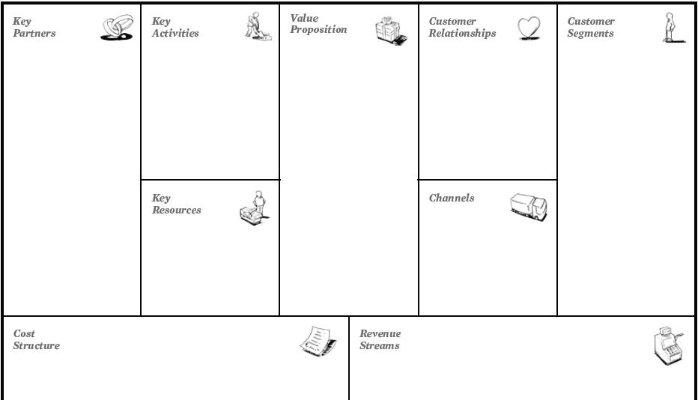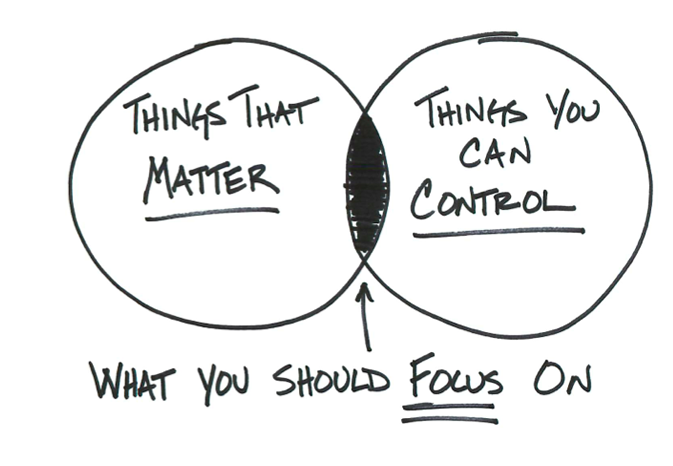Introduction, Chapter 1 & 2” in Local Dollars, Local Sense: How to Shift Your Money from Wall Street to Main Street and Achieve Real Prosperity, by Michael Shuman, Chelsea Green Publishing (2012).
“Local Living Economies” in The Encyclopedia of Sustainability, by Michael Shuman, Berkshire Publishing Group (2012).
“Relocalizing Business” Page 110 in 2010 State of the World: Transforming Cultures From Consumerism to Sustainability, by Michael Shuman, W. W. Norton & Company (2010).
“The Competitiveness of Local Living Economies,” in The Post-‐Carbon Reader: Managing the 21st Century’s Sustainability Crises by Michael Shuman with Richard Heinberg & Daniel Lerch, eds., Healdsburg, CA: Watershed Media (2010).
There are literally hundreds of books on the topic of community economic development. Among those that the instructor has found particularly compelling and that you might read before or after the course are the following:
Michael Abelman, Fields of Plenty (2005)
Wendell Berry, Home Economics (1987) and The Unsettling of America (1977)
David Boyle and Andrew Simms, The New Economics (2009)
Amy Cortese, Locavesting (2011)
Herman Daly, Steady-‐state Economics (1977) and (with John Cobb Jr.), For the Common Good (1989)
Richard Douthwaite, Short Circuit (1996)
Paul Ekins, ed., The Living Economy (1986)
Lyle Estill, Small Is Possible (2008)
Richard Florida, The Rise of the Creative Class (2004)
Thomas Greco, The End of Money and the Future of Civilization (2009)
Paul Hawken, The Ecology of Commerce (1993) and (with Amory & Hunter Lovins), Natural Capitalism (1999)
Colin Hines (with Tim Lang), The New Protectionism (1993)
Jane Jacobs, The Economy of Cities (1969) and Cities and the Wealth of Nations (1984)
Marjorie Kelly, The Divine Right of Capital (2001)
David Korten, When Corporations Rule the World (1995) and Agenda for New Economy (2009)
James Kunstler, The Long Emergency (2005) and The Geography of Nowhere (1993)
Greg LeRoy, The Great American Jobs Scam (2005)
Amory Lovins, Soft Energy Paths (1976)
Bill McKibben, Deep Economy (2007)
Stacy Mitchell, Big Box Swindle (2006)
David Morris, Neighborhood Power: The New Localism (1974) and Self-‐Reliant Cities (1982)
Thomas Michael Power, Environmental Protection and Economic Well-‐Being (1996)
Kirkpatrick Sale, Human Scale (1980)
E. F. Schumacher, Small Is Beautiful (1973)
Woody Tasch, Inquiries into the Nature of Slow Money (2009)


